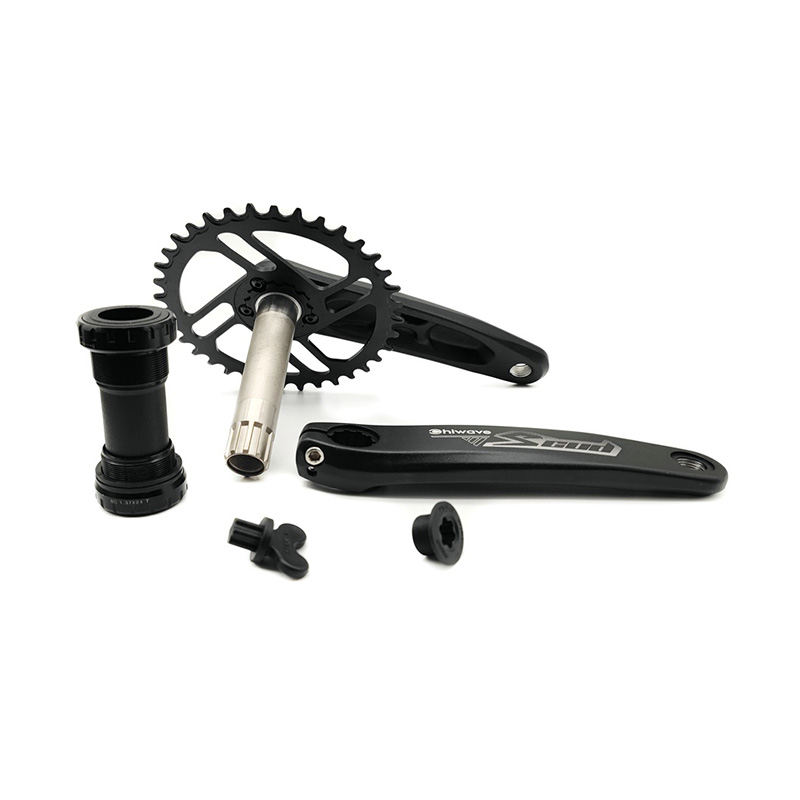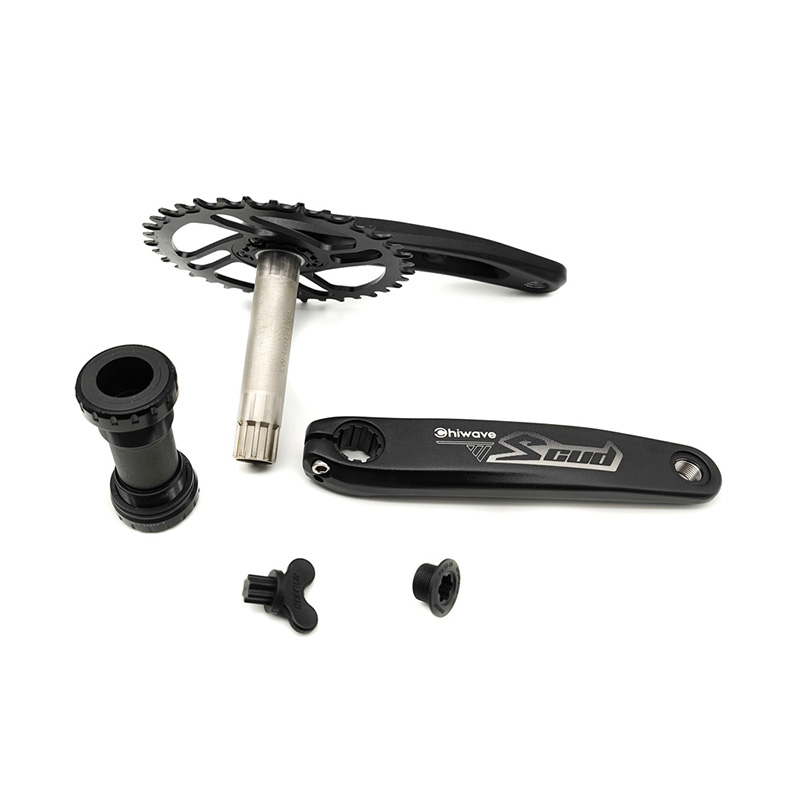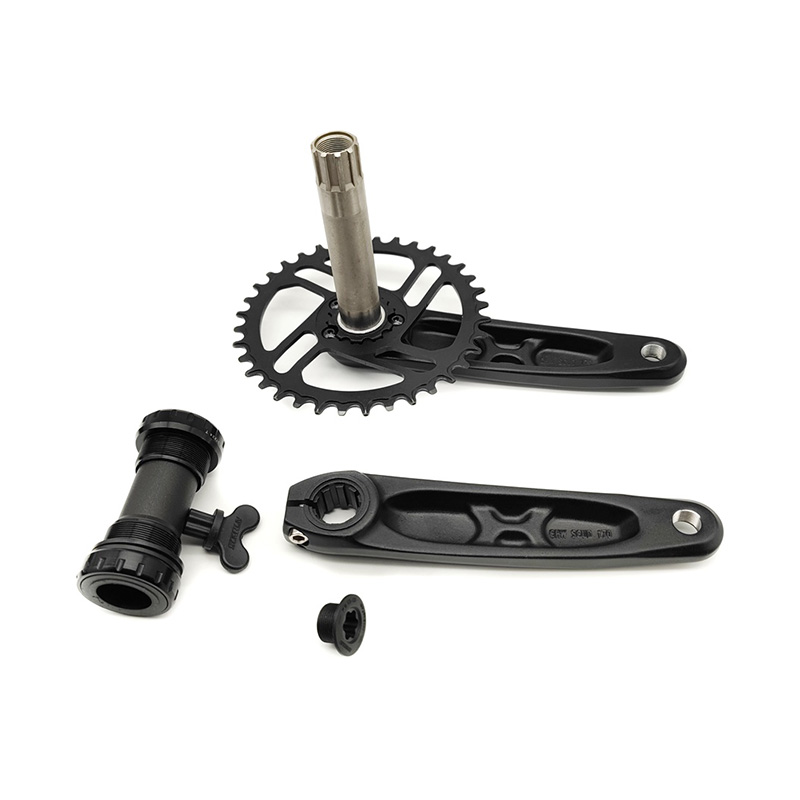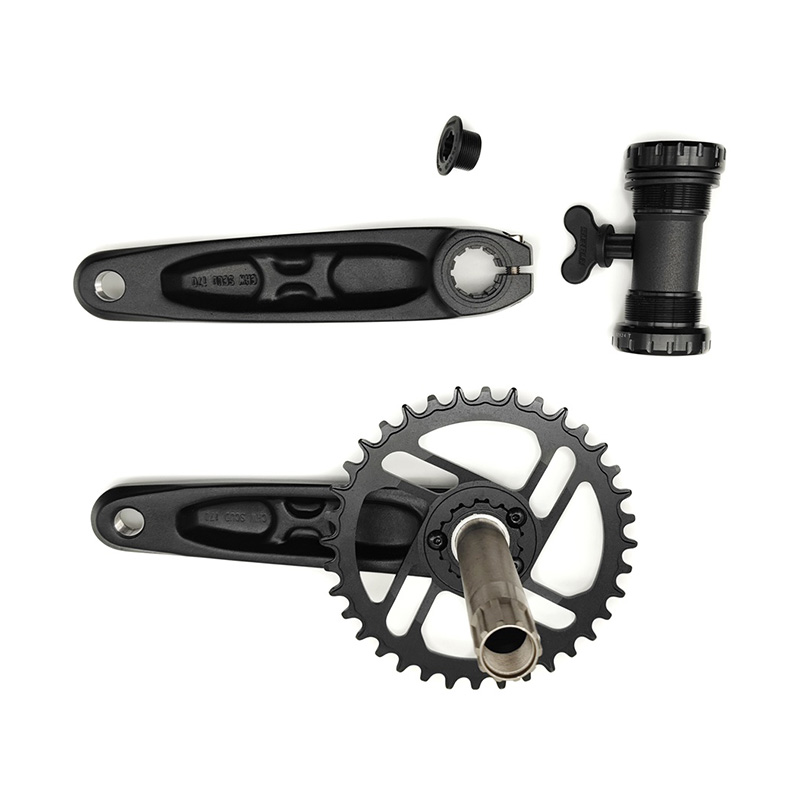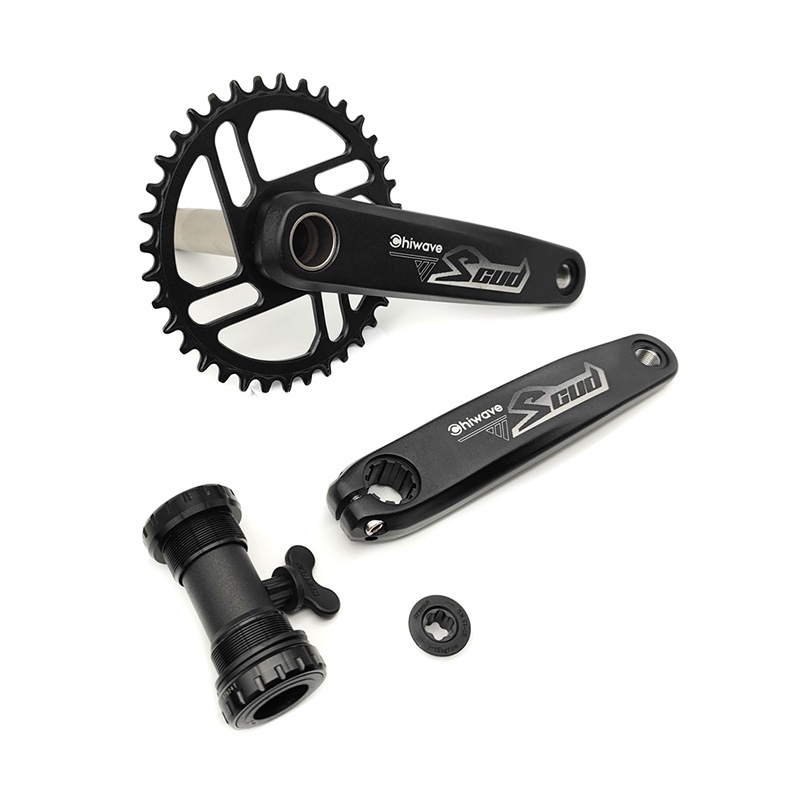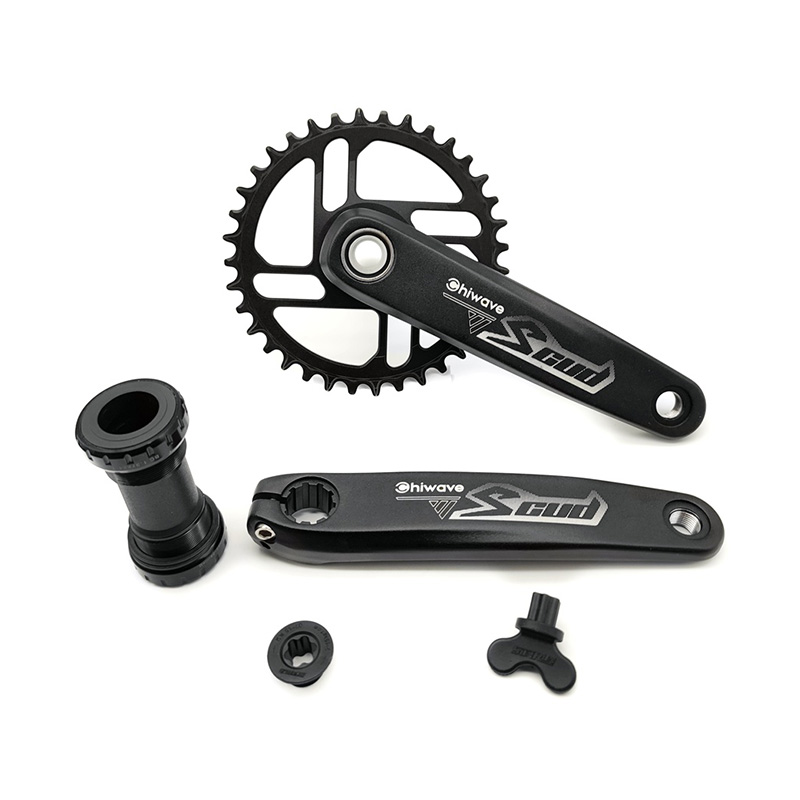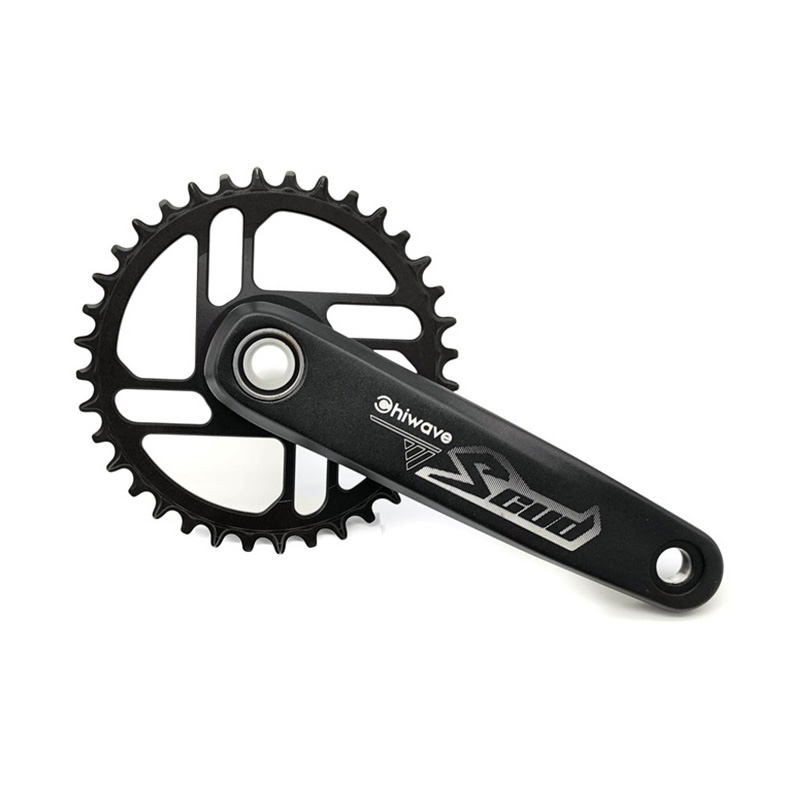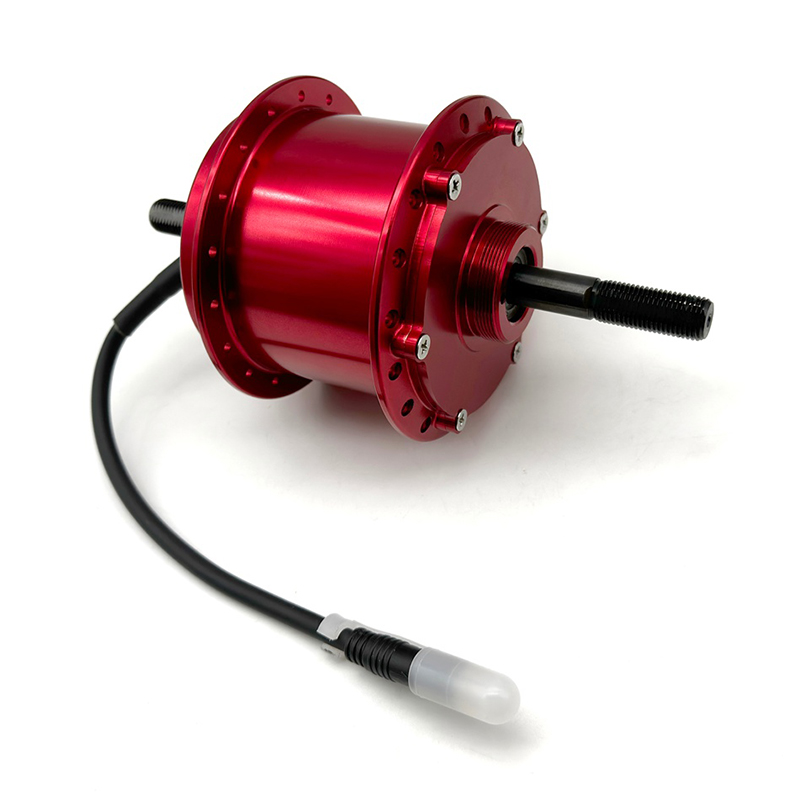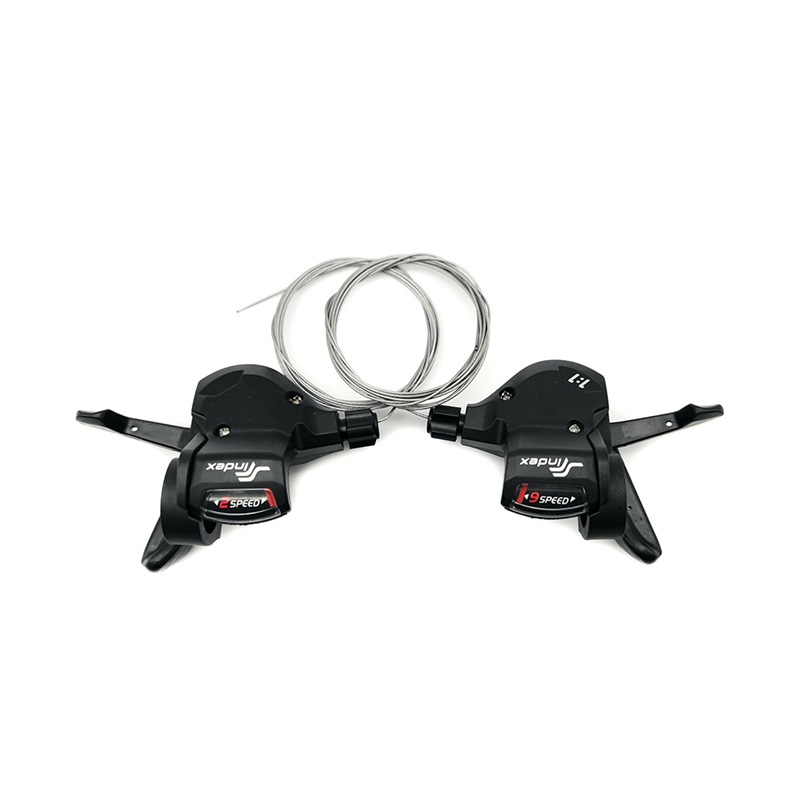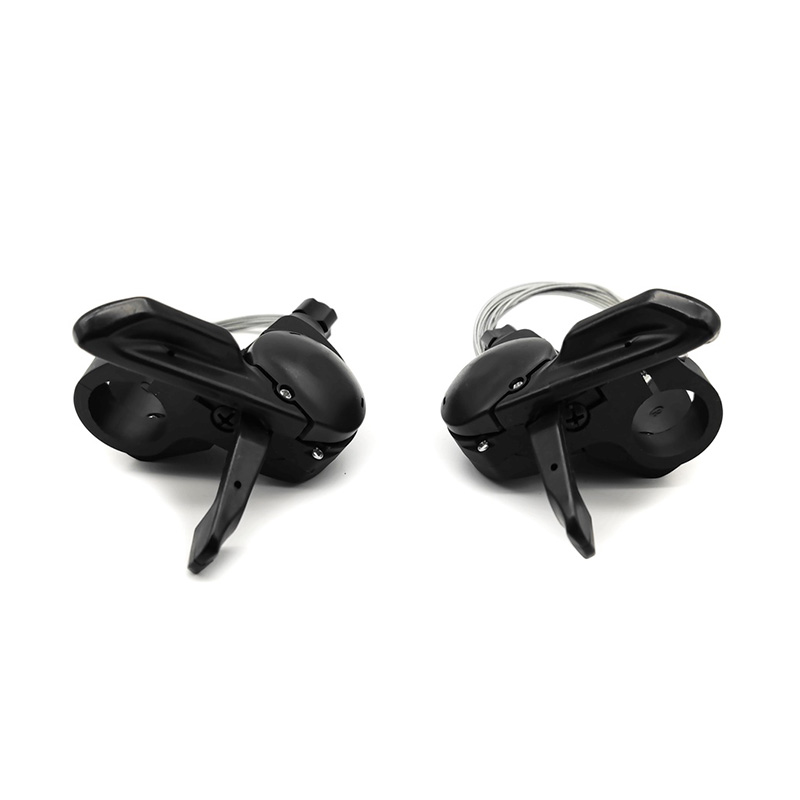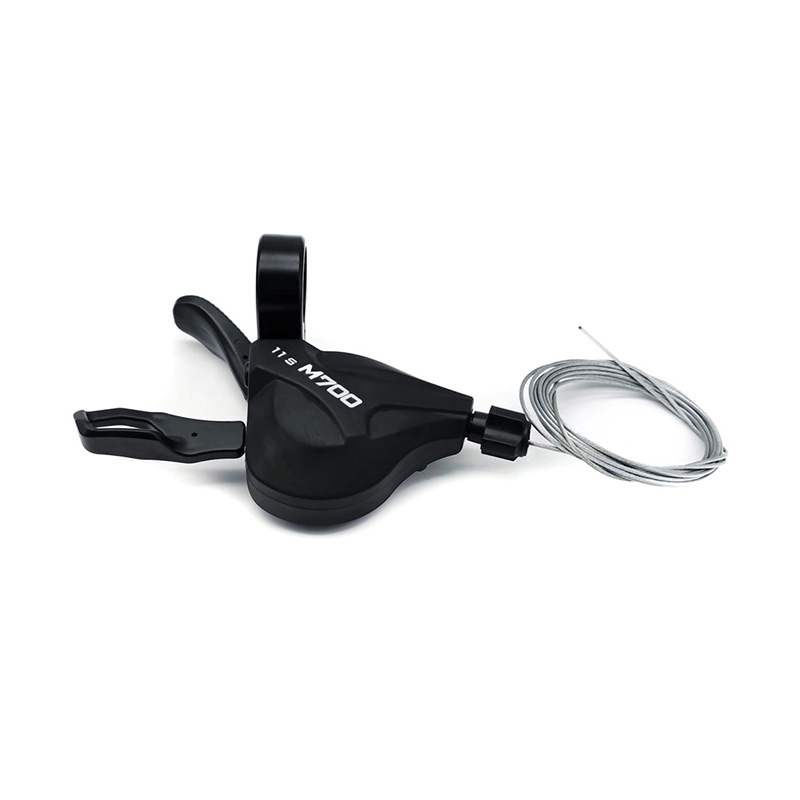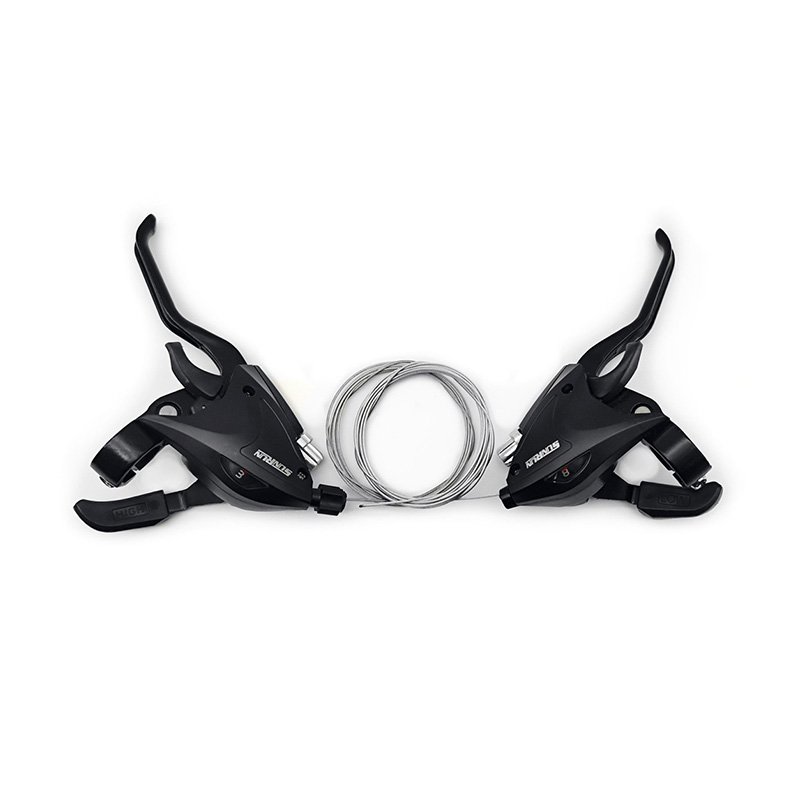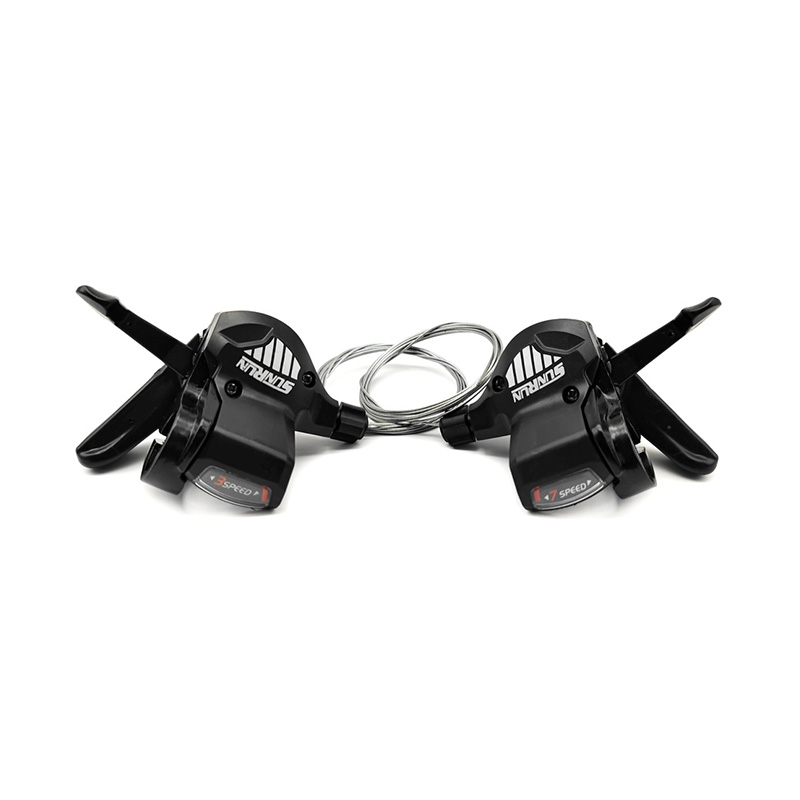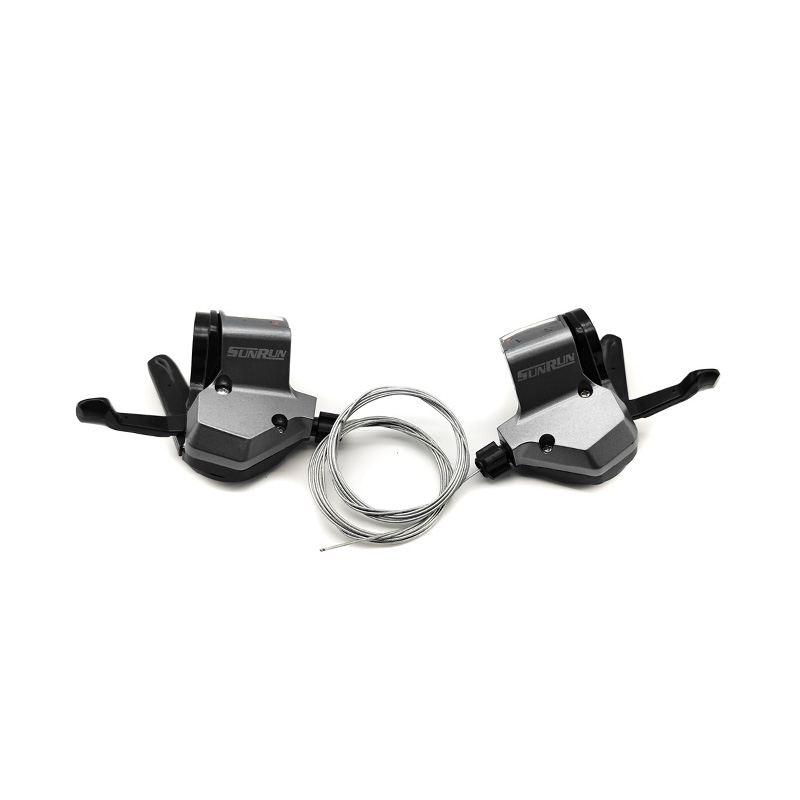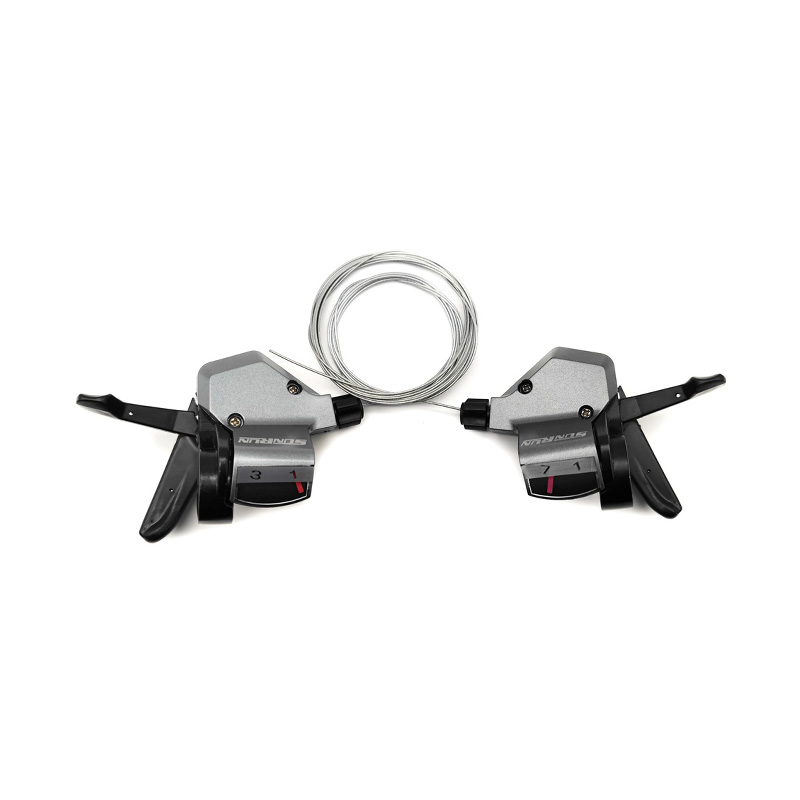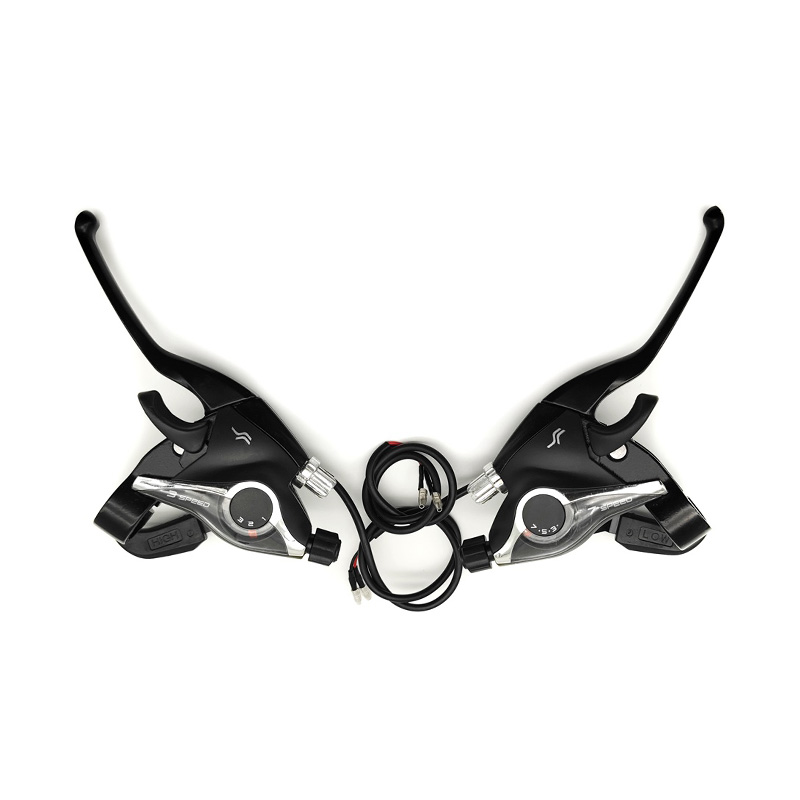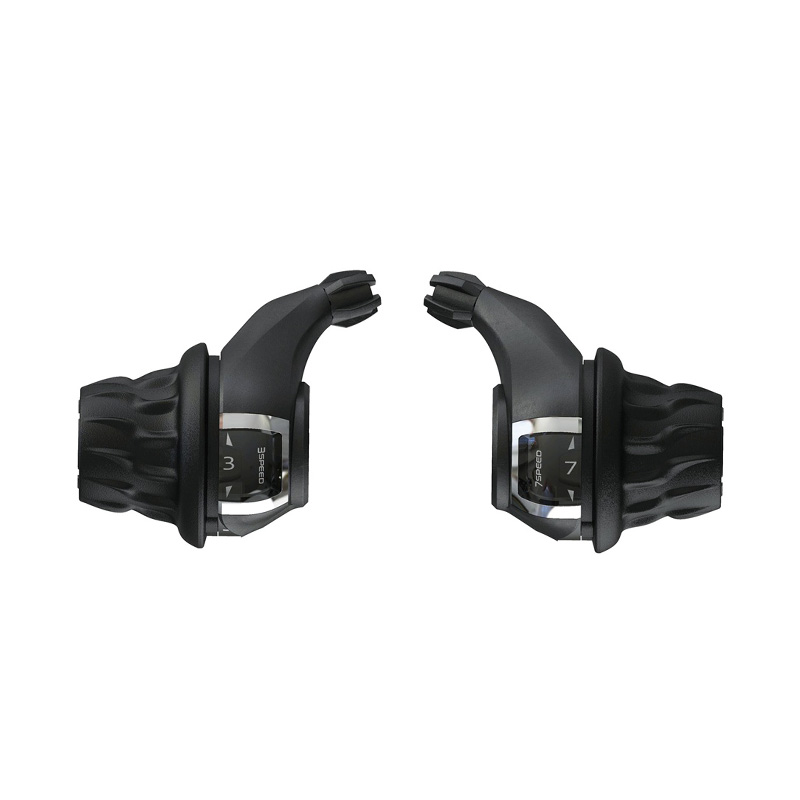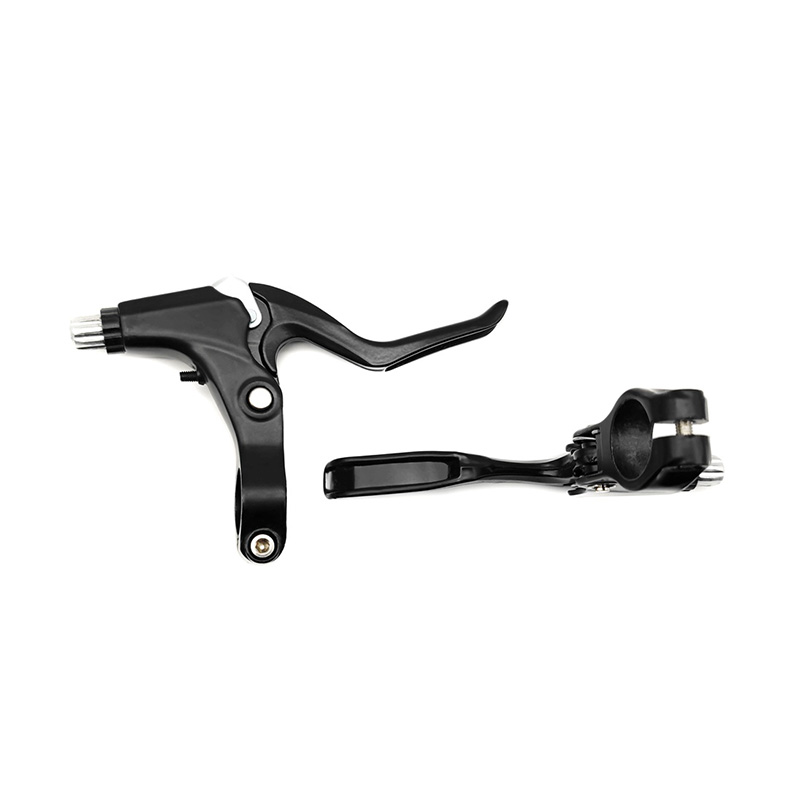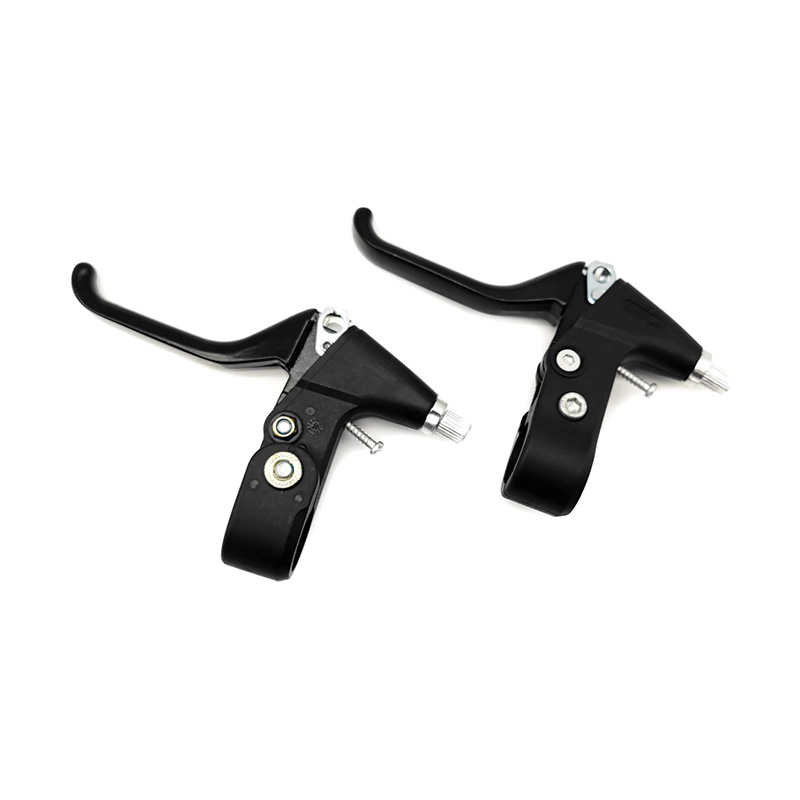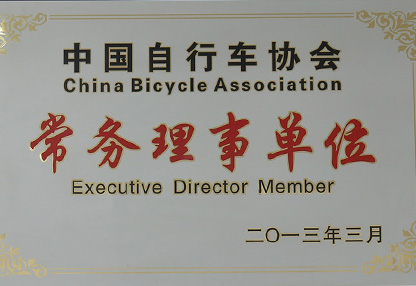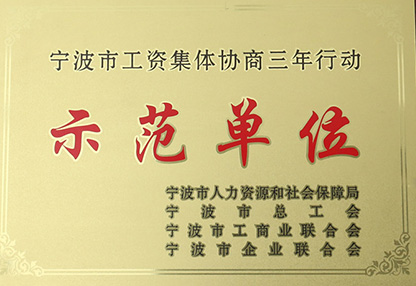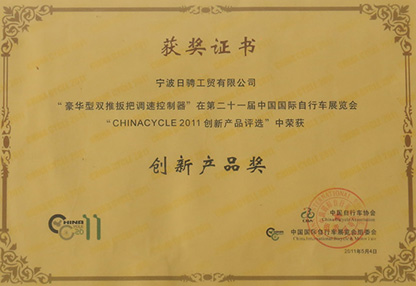-
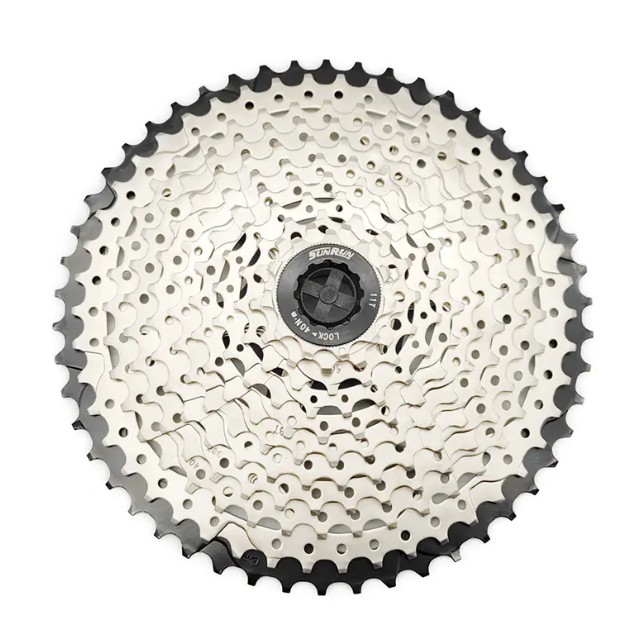 Everything You Need to Know About MTB Bicycle Cassette Sprocket
Everything You Need to Know About MTB Bicycle Cassette SprocketWhat is a mountain bike cassette sprocket?A mountain bike cassette sprocket is one of the core components of a mountain bike's speed change system. It is usually installed on the r...
-
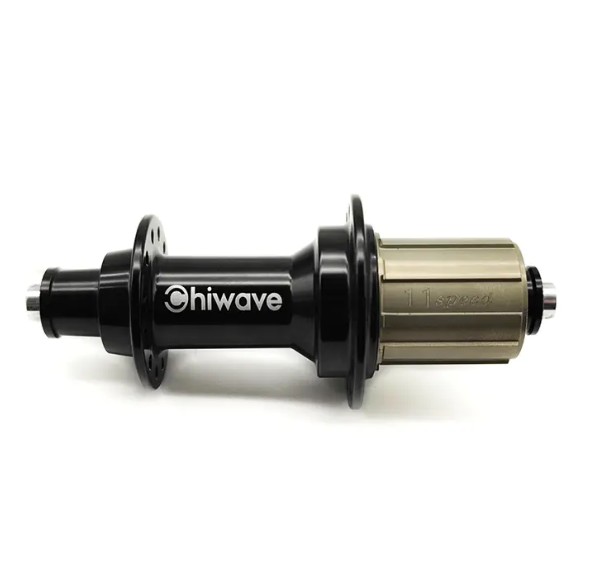 How to properly maintain bicycle hubs with sealed bearings to extend their service life?
How to properly maintain bicycle hubs with sealed bearings to extend their service life?Proper maintenance of bicycle hubs with sealed bearings is the key to ensuring their long-term stable operation. Although the design of sealed bearings can effectively prevent the ...
-
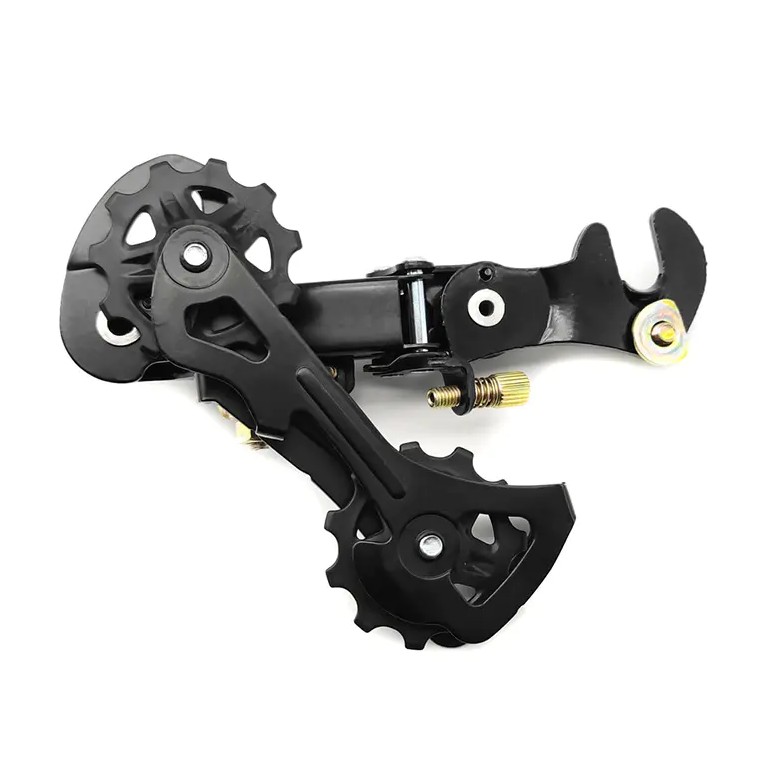 Bicycle rear derailleur: a key component of riding experience
Bicycle rear derailleur: a key component of riding experienceIn modern bicycle design, the rear derailleur is an indispensable part of the transmission system. It not only bears the heavy responsibility of transferring the chain from the fro...
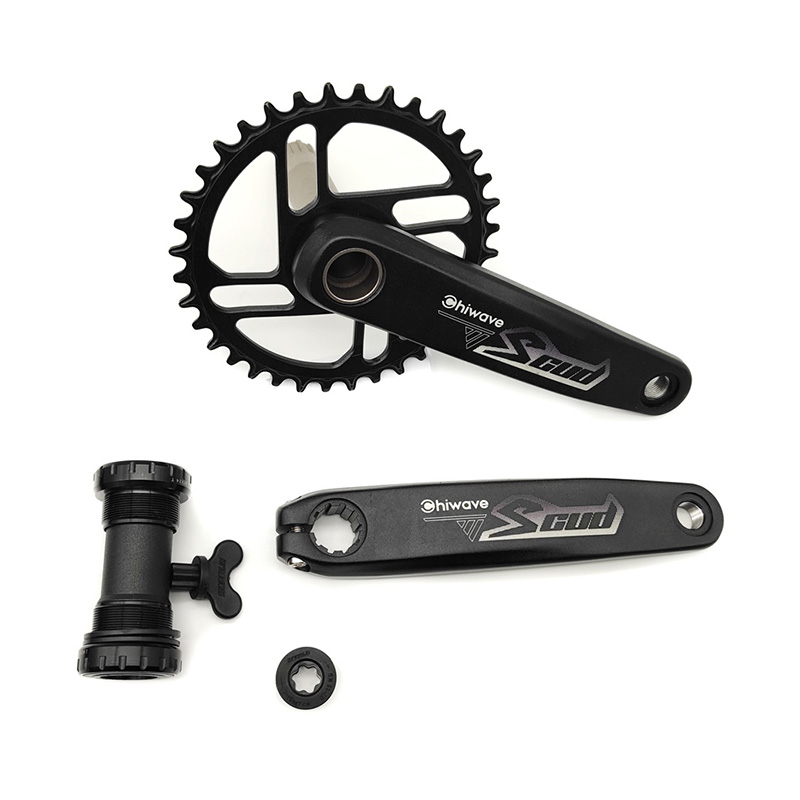
- Describe
- Parameter

Ningbo Dongjin Technology Co., Ltd is China OEM MTB Bike Single Chainwheel & Crank Set Supplier and ODM MTB Bike Single Chainwheel & Crank Set company was founded in 1991, specializing in the production of bicycle transmission systems, braking systems and other components. The leading products include a series of derailleurs, variable speed flywheels, high-end cassette hubs, disc brakes, brake components, cranksets and more than 300 varieties in six categories.
In 2015, in response to Made in China 2025, the company established Ningbo Dongjin Technology Co., Ltd. to develop a new internal and external variable speed transmission system, entering the first echelon of the domestic industry. "Chicheng wheel industry, quality first" is the pursuit of quality by Richeng people. The company has introduced internationally advanced key technologies such as precision cold forging, CNC machining, heat treatment, and multi-station stamping to develop transmissions with Richeng characteristics. , transmission kit, sales volume leads domestic peers. The registered brands SUNRUN, TONGKEEN and HEMU enjoy high reputation in domestic and foreign markets. The company has independent export rights, and its products are exported to Europe, North America, Central and South America, Africa, Southeast Asia and other countries and regions. Xu Mingqiang, chairman of the company, sincerely invites domestic and foreign merchants to come for negotiation and guidance.
Industry Knowledge Extension
The material of the MTB Bike Single Chainwheel & Crank Set has an important impact on its corrosion resistance. Different materials have different chemical properties and surface treatments, which directly determine their corrosion resistance in the face of moisture, salt, dirt and other environmental factors.
Here is a brief overview of some common materials and their corrosion resistance:
Aluminum:
Aluminum alloy itself has good corrosion resistance, especially after anodizing or spraying a protective layer, its corrosion resistance can be further improved. This allows the aluminum alloy Chainwheel and Crank Set to maintain better condition in humid or rainy environments.
Steel:
Steel Chainwheels and Crank Sets have relatively poor corrosion resistance, especially without special treatment. Steel is susceptible to rust, especially in humid or salty environments. Therefore, steel components often need to be coated or rust-proofed to improve their corrosion resistance.
Carbon Fiber:
Carbon fiber itself has excellent resistance to corrosion because it is a non-metallic material that is not susceptible to oxidation or corrosion. Carbon Fiber Chainwheels and Crank Sets typically look and perform well over the long term without worrying about corrosion issues.
Titanium:
Titanium alloy also has excellent corrosion resistance and can maintain stable performance in a variety of harsh environments. Titanium alloy chainwheels and crank sets are not only corrosion-resistant, but also generally have high strength and lightweight characteristics.
When choosing MTB Bike Single Chainwheel & Crank Set, it is very important to choose materials with good corrosion resistance, considering the humidity, salt and other factors of the riding environment. This will help extend the life of components, reduce the frequency of maintenance and replacement, and improve the overall riding experience. At the same time, attention also needs to be paid to the surface treatment and coating quality of the components to ensure that they can maintain stable corrosion resistance during long-term use.

 中文简体
中文简体 English
English
